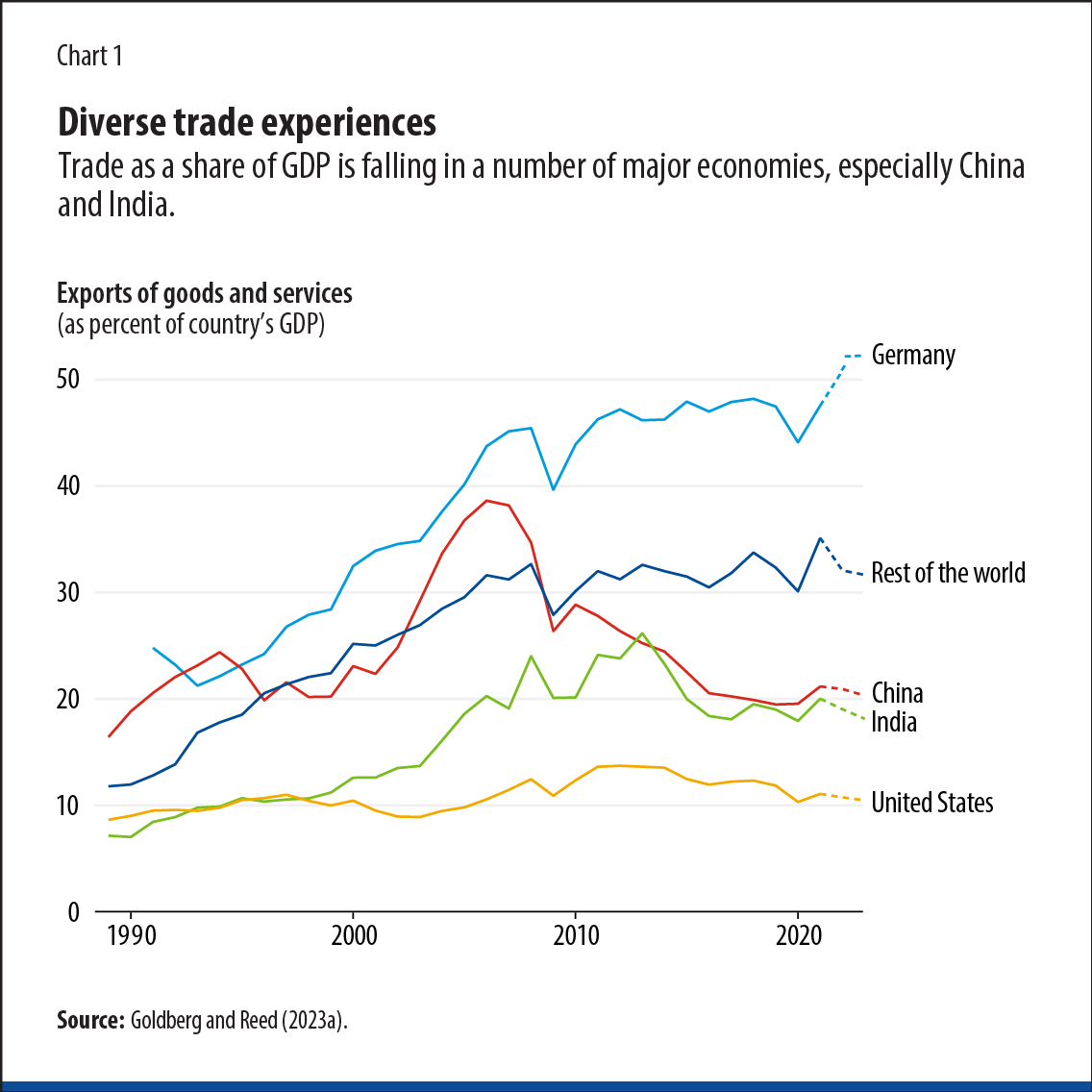Riding the Wave: Navigating Global Trade Policies
Global trade policies play a crucial role in shaping international business strategies. From tariffs and trade agreements to sanctions and restrictions, these policies can have a ripple effect on businesses around the world. As companies navigate the ever-changing landscape of global trade, they must be prepared to adapt and innovate in order to thrive.
One of the key challenges that businesses face when it comes to global trade policies is the uncertainty and volatility that often accompany them. Trade agreements can be renegotiated or terminated, tariffs can be imposed or lifted, and sanctions can be imposed with little warning. This unpredictability can make it difficult for businesses to make long-term plans and investments, as they must constantly be prepared to adjust their strategies in response to changing policies.
At the same time, global trade policies also present opportunities for businesses to expand into new markets and forge new partnerships. By staying informed about the latest developments in trade policy, companies can identify emerging trends and leverage them to their advantage. For example, a company that specializes in renewable energy technology may be able to capitalize on growing demand for clean energy solutions in countries that are implementing environmental regulations.
In order to successfully navigate global trade policies, businesses must be proactive in their approach. This means staying informed about the latest developments in trade policy, monitoring changes that may impact their operations, and engaging with government officials and industry stakeholders to advocate for their interests. By taking a proactive stance, companies can position themselves to better anticipate and respond to changes in global trade policies.

Image Source: imf.org
Another important aspect of navigating global trade policies is understanding the implications of different policies on a company’s supply chain. For example, tariffs imposed on imported goods can increase production costs, while trade agreements that reduce barriers to trade can open up new markets for exports. By carefully analyzing the impact of various trade policies on their supply chain, companies can make informed decisions about sourcing, manufacturing, and distribution that will help them remain competitive in the global marketplace.
In addition to adapting to changes in global trade policies, businesses must also be prepared to innovate in order to stay ahead of the curve. This may involve developing new products or services that cater to changing consumer preferences, exploring new markets and distribution channels, or adopting new technologies that optimize efficiency and productivity. By continuously innovating, companies can position themselves as leaders in their industries and gain a competitive edge in the global marketplace.
In conclusion, navigating global trade policies is a complex and challenging task for businesses, but it is also an opportunity for growth and expansion. By staying informed, proactive, and innovative, companies can adapt to changing trade policies and leverage them to their advantage. The ripple effect of global trade policies on international business strategies is undeniable, but by riding the wave and embracing change, companies can thrive in the dynamic world of global trade.
Crafting Success: International Business Strategies
In the ever-evolving landscape of global trade policies, crafting successful international business strategies is essential for companies to thrive in the competitive market. The decisions made by governments around the world regarding trade agreements, tariffs, and regulations have a ripple effect on businesses operating internationally. These policies shape the way companies conduct their operations, make strategic decisions, and ultimately determine their success in the global marketplace.
One of the key factors in crafting successful international business strategies is understanding the intricacies of global trade policies. Companies must stay informed about the latest developments in trade agreements, tariffs, and regulations to anticipate potential challenges and opportunities. By staying ahead of the curve, businesses can proactively adjust their strategies to mitigate risks and capitalize on new market openings.
Moreover, international business strategies must be tailored to the specific needs and goals of each company. A one-size-fits-all approach does not work in the complex world of global trade. Companies must conduct thorough market research, analyze their competitive landscape, and assess their own strengths and weaknesses to develop a strategy that sets them apart from the competition.
Adaptability is another key element of successful international business strategies. With the constantly changing nature of global trade policies, companies must be flexible and agile in their approach. Being able to pivot quickly in response to new regulations or market trends can mean the the difference between success and failure in the international arena.
Collaboration is also essential in crafting successful international business strategies. Companies must build strong partnerships with suppliers, distributors, and other key stakeholders to navigate the complexities of global trade. By working together towards a common goal, businesses can leverage each other’s strengths and resources to create a competitive advantage in the global marketplace.
In addition, innovation plays a crucial role in shaping international business strategies. Companies that are able to think outside the box and embrace new technologies and business models are more likely to succeed in the global market. By constantly seeking ways to improve their products, services, and operations, companies can stay ahead of the competition and adapt to the changing global trade landscape.
Furthermore, sustainability is becoming an increasingly important factor in international business strategies. With growing concerns about climate change and environmental degradation, companies are under pressure to adopt sustainable practices in their operations. By incorporating sustainability into their business strategies, companies can not only attract environmentally-conscious consumers but also comply with strict regulations related to environmental protection.
Overall, crafting successful international business strategies in the face of evolving global trade policies requires a combination of knowledge, adaptability, collaboration, innovation, and sustainability. Companies that are able to navigate the complexities of global trade with a strategic mindset are more likely to thrive in the competitive international market. By staying informed, flexible, and forward-thinking, businesses can position themselves for success and make a positive impact on the global economy.
The Impact of Global Trade Policies on International Business Strategies